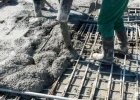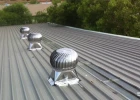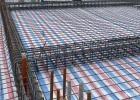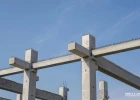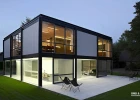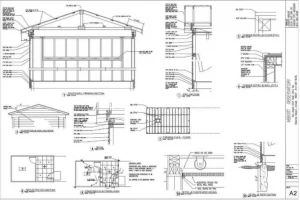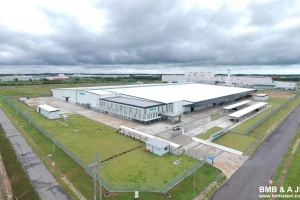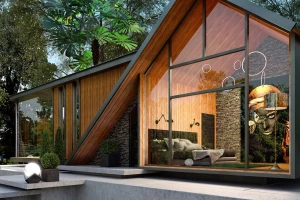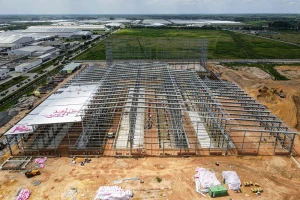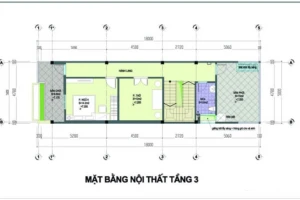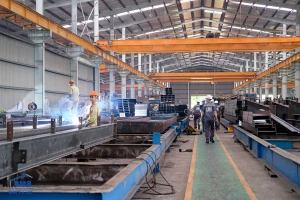Future trends in pre-engineered steel building design and construction
Pre-engineered steel buildings are constructions designed, fabricated, and assembled at a factory before being transported to a construction site for erection. Due to its various advantages, the industry of pre-engineered steel building has been more developed in recent years. It is expected to experience more improvements in the years to come. This writing shall discuss some future trends in designing and constructing this type of construction.
1. An overview of pre-engineered steel building
Pre-engineered steel buildings are structures that are designed, fabricated, and assembled at a factory before being transported to their final location for installation. These buildings are made of steel components that are pre-engineered to fit together, making the construction process faster, easier, and more cost-effective than traditional building methods.
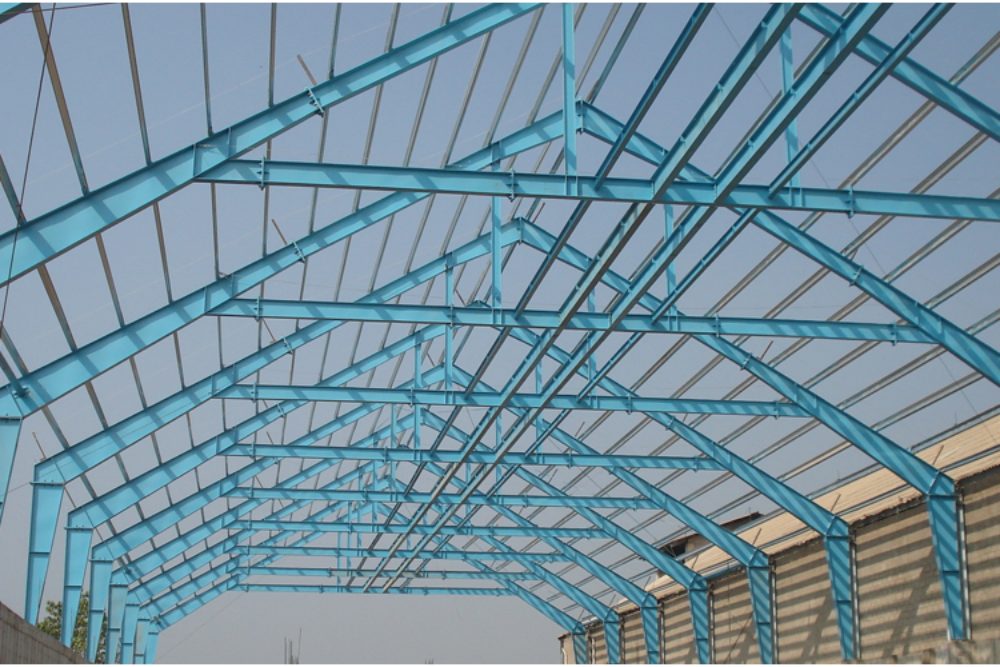
2. Future trends in pre-engineered steel building design and construction
Pre-engineered steel building industry is getting more developed, leading to several trends to improve construction quality. Below are some potential trends in pre-engineered steel building:
2.1 Sustainability
Pre-engineered steel buildings have the nature of being sustainable compared to conventional buildings. With a growing focus on sustainability and environmental responsibility, green building practices will likely become even more important in the future.
One way that pre-engineered steel buildings are becoming more sustainable is through the use of insulated metal panels. This is an effective approach to reduce energy consumption by minimizing air leakage and thermal bridging, which can help to reduce heating and cooling costs. Another way that pre-engineered steel buildings are becoming more sustainable is through the use of renewable energy sources such as solar power. By incorporating solar panels into the building design, pre-engineered steel buildings can generate their own electricity, reducing the reliance on non-renewable energy sources. Finally, the use of reused or recycled steel in building pre-engineered steel structures is also an important part of making the building sustainable. You can search for more information about the sustainable construction of pre-engineered steel buildings through BMB’s website.
2.2 Customization
Although pre-engineered steel buildings are already known for their flexibility in terms of size and shape, most pre-engineered steel structures are standardized, which makes them less suitable for buildings with unique requirements or non-standard dimensions. Customers are increasingly looking for customized solutions that meet their specific needs. Pre-engineered steel building manufacturers will likely continue to offer more customizable options, such as custom sizes, finishes, and architectural features.
Customization trends are moving towards more unique finishes that help the building blend in with its surroundings or reflect the company's branding. Pre-engineered steel buildings can be designed to include a variety of architectural features, such as canopies, mezzanines, atriums, etc. They can also be customized on the interior to meet specific needs, such as adding offices, restrooms, or storage areas.
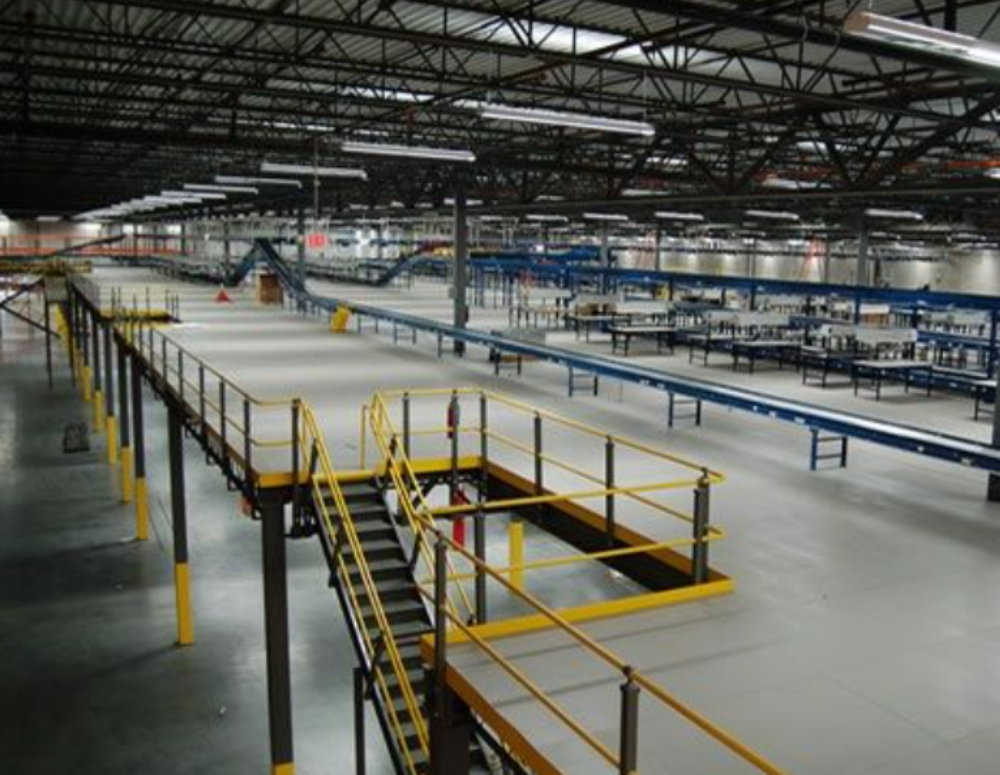
2.3 Integration of technology
As technology continues to advance, pre-engineered steel buildings will likely incorporate more advanced features that make the buildings more efficient and easier to manage. For example, building automation systems that use sensors and software to control and optimize building systems, such as lighting, heating, and cooling are applied in buildings to help to reduce energy consumption, improve occupant comfort, and lower operating costs. Moreover, with the advent of advanced 3D modeling and design software, pre-engineered steel buildings can be designed and visualized more accurately and efficiently. This technology allows builders to create detailed virtual models of the building before construction begins, which can help to identify and address potential issues early on.
2.4 Modular construction
Modular construction refers to a method of building in which a structure is constructed using prefabricated modules that are assembled on-site. In the case of pre-engineered steel buildings, modular construction involves the use of pre-designed steel panels and components that are manufactured off-site and then assembled on-site to create the final structure.
This construction method offers several advantages. One of the main advantages is the speed of construction. Because the components are pre-manufactured and designed to fit together, construction time is significantly reduced compared to traditional construction methods, resulting in cost savings as well as faster occupancy of the building. Modular construction also allows for flexibility in design. The pre-designed components can be configured in a variety of ways to meet the specific needs of the building and can be easily modified or expanded in the future if needed. Another advantage of modular construction in steel buildings is the durability and strength of the materials.
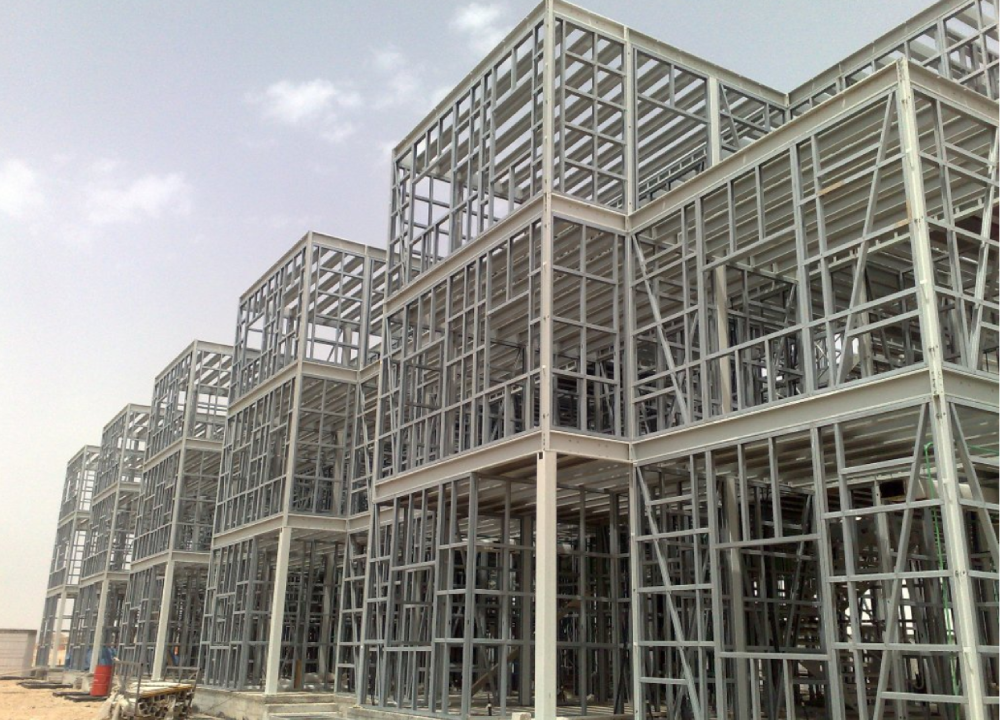
2.5 Increased use in urban areas
As urban areas continue to grow and space becomes more limited, pre-engineered steel buildings offer a cost-effective and efficient solution for building in dense urban areas. As a result, we may see more pre-engineered steel buildings popping up in urban areas in the future. For example, ICD Tan Cang Song Than, which is located in Binh Duong, province, Vietnam, was constructed with the aim to provide customers with excellent inland services such as warehouses, cargo handling, containers and transportation, value-added service, and so on. Established in September 2018, it is now one of the largest ICDs in South Vietnam. This construction helps to enhance economic development in cities in Binh Duong province.
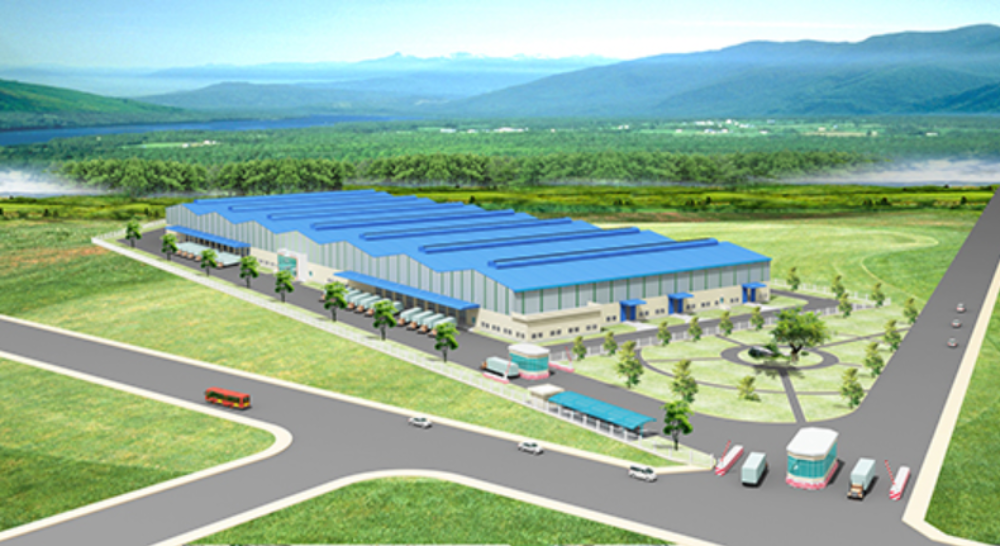
Above is some information regarding future trends in pre-engineered steel building design and construction. Hopefully, this article has provided you with useful information. Visit BMB Steel’s website to read more about pre-engineered steel buildings and steel structures. You can also contact us for design consulting and steel production services.









